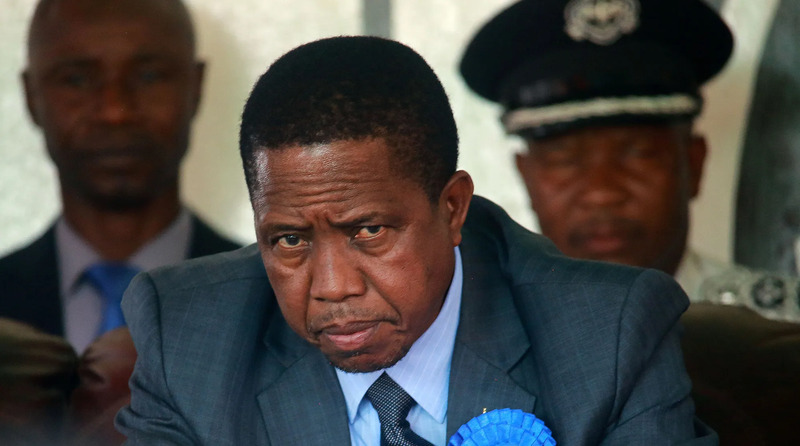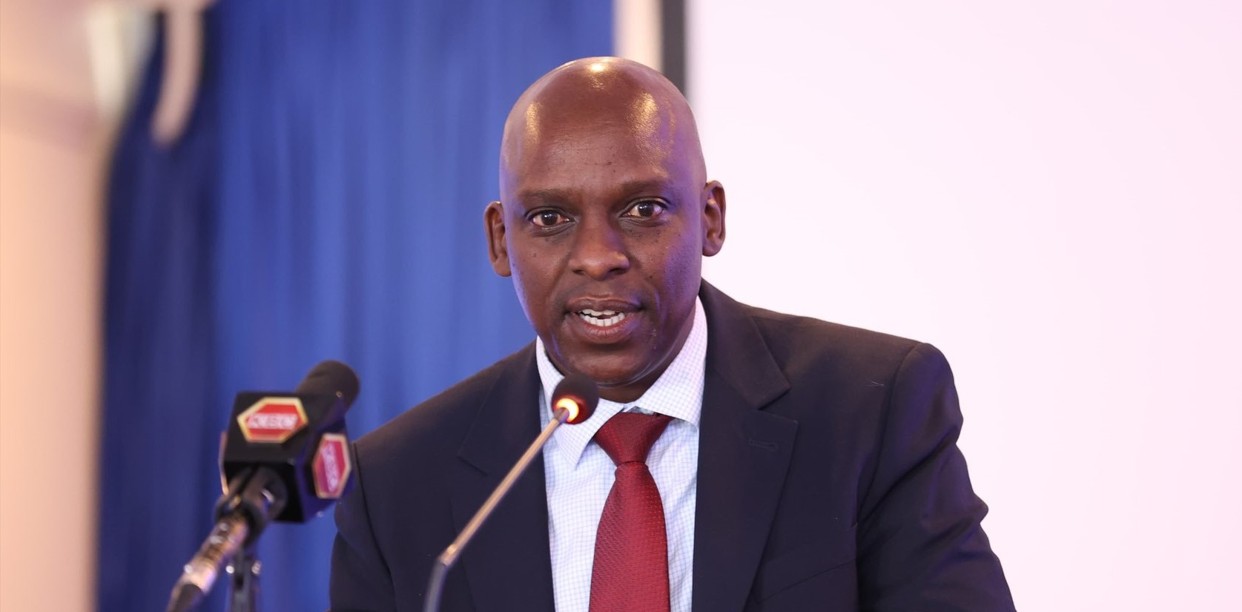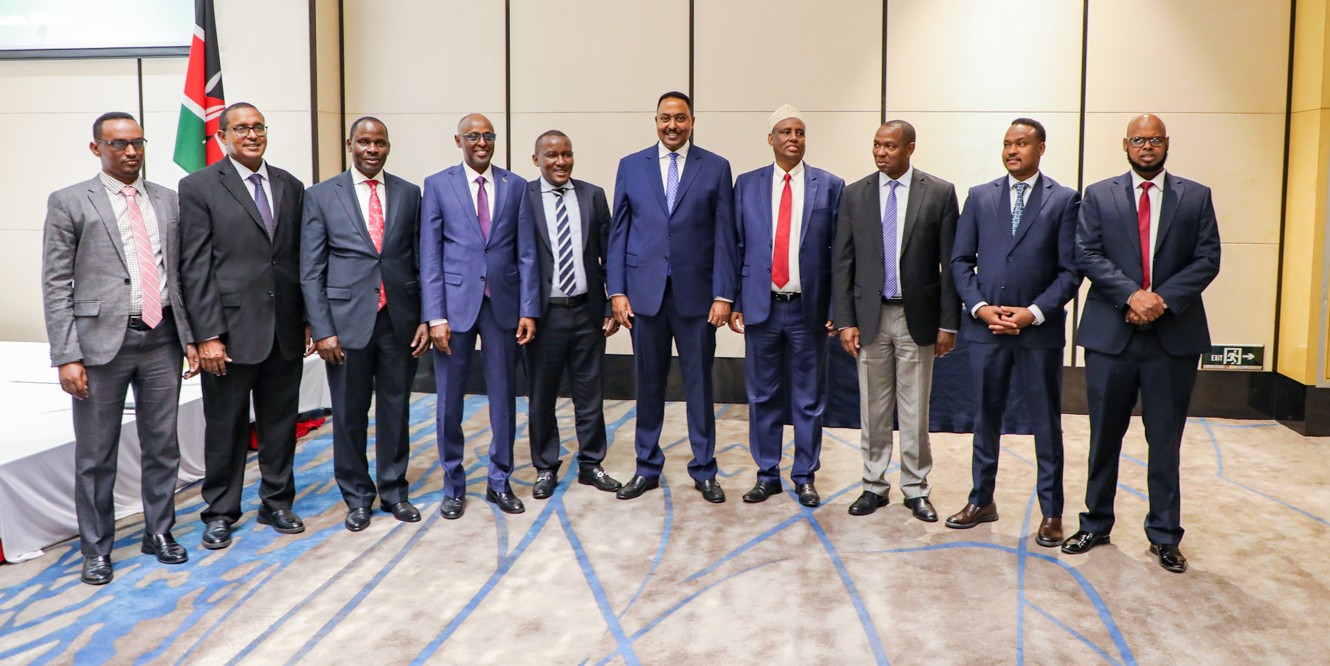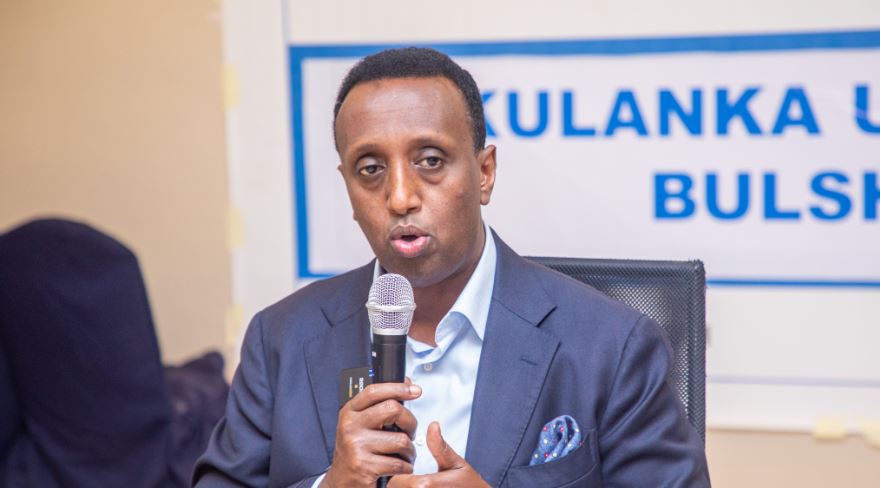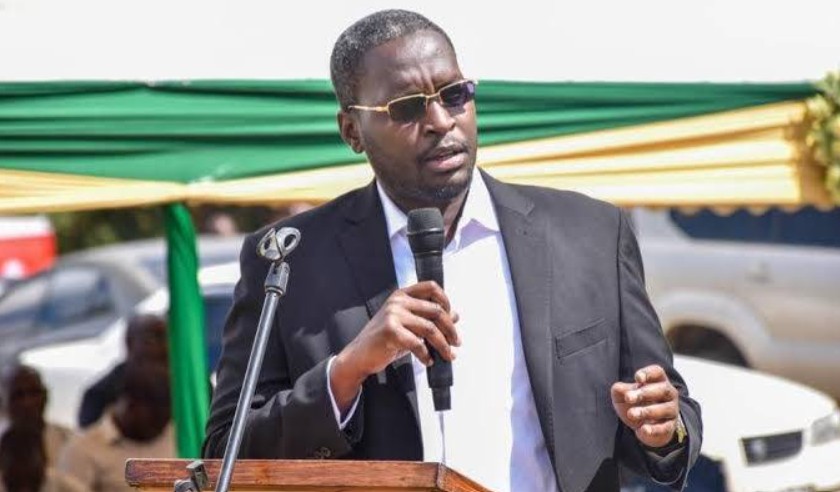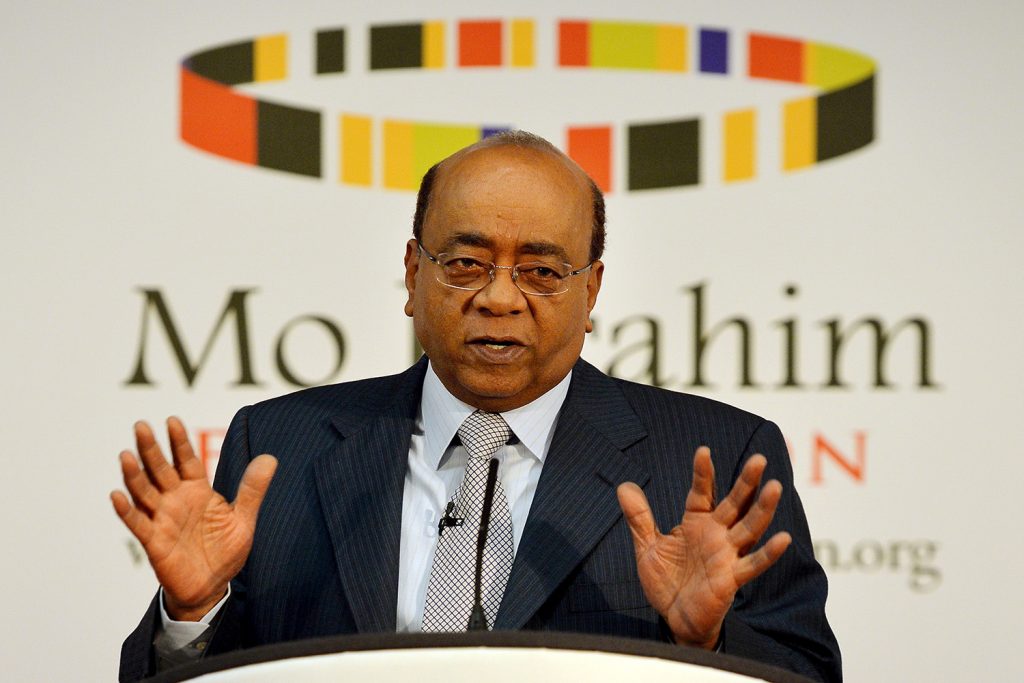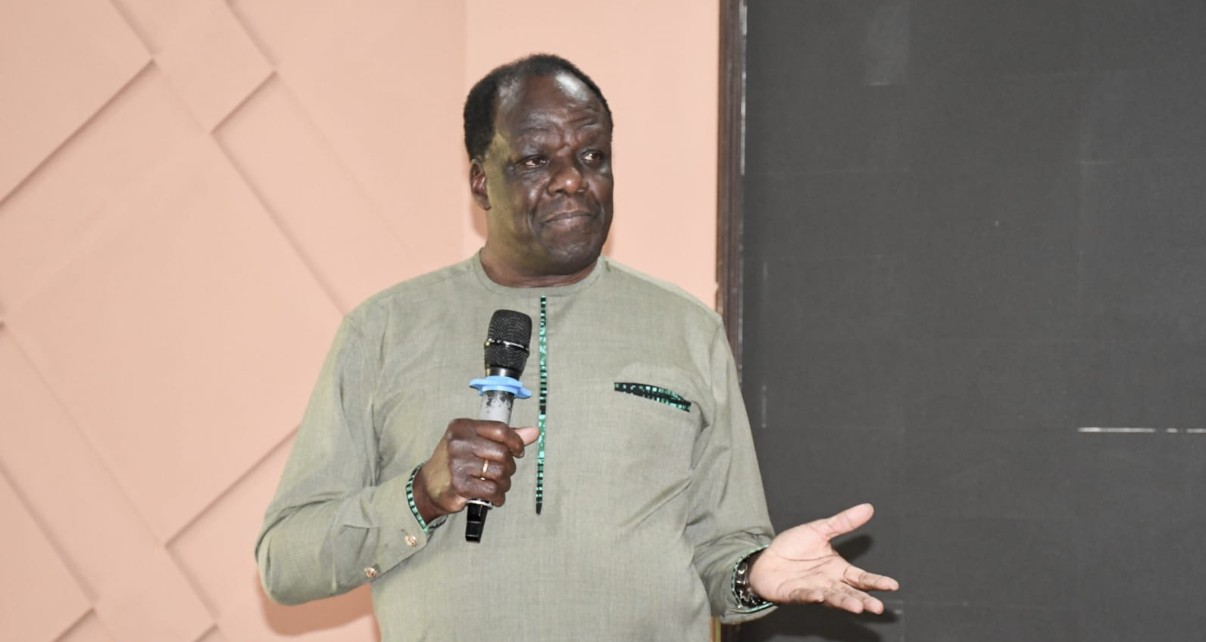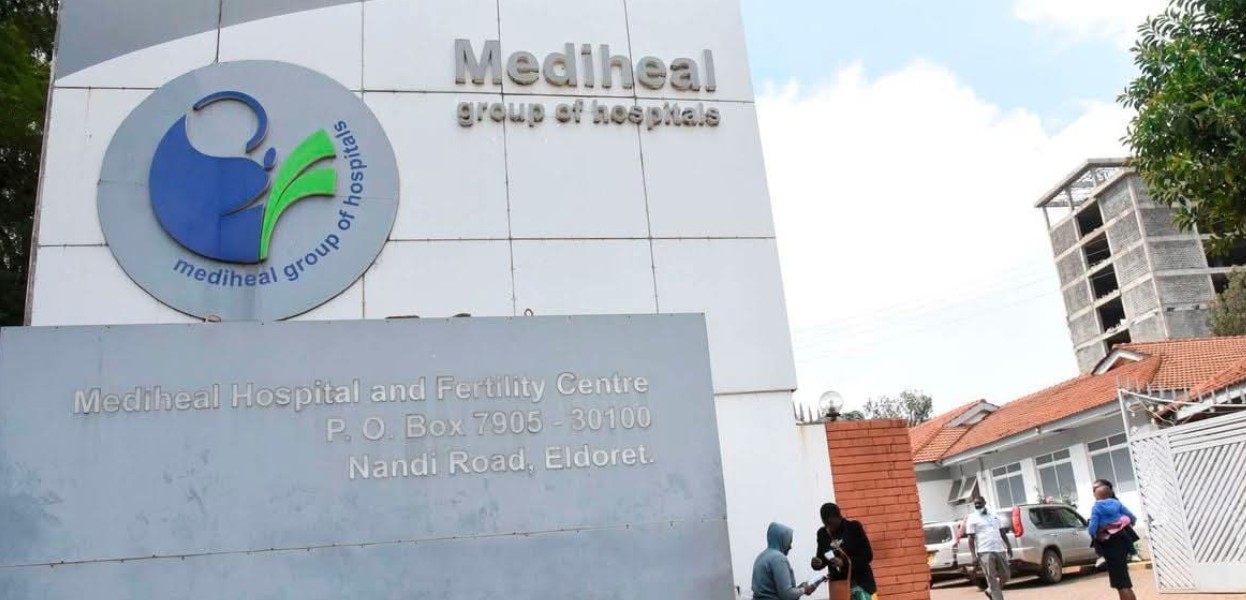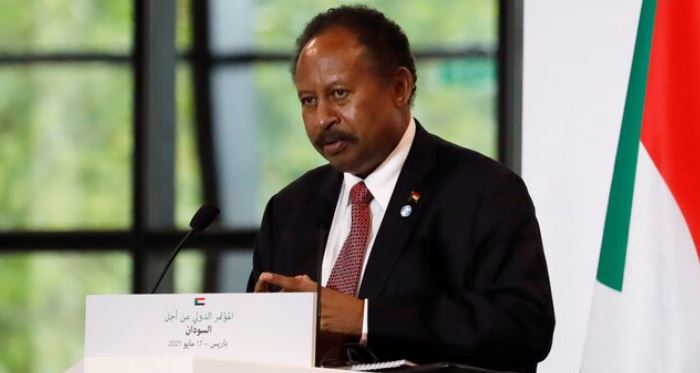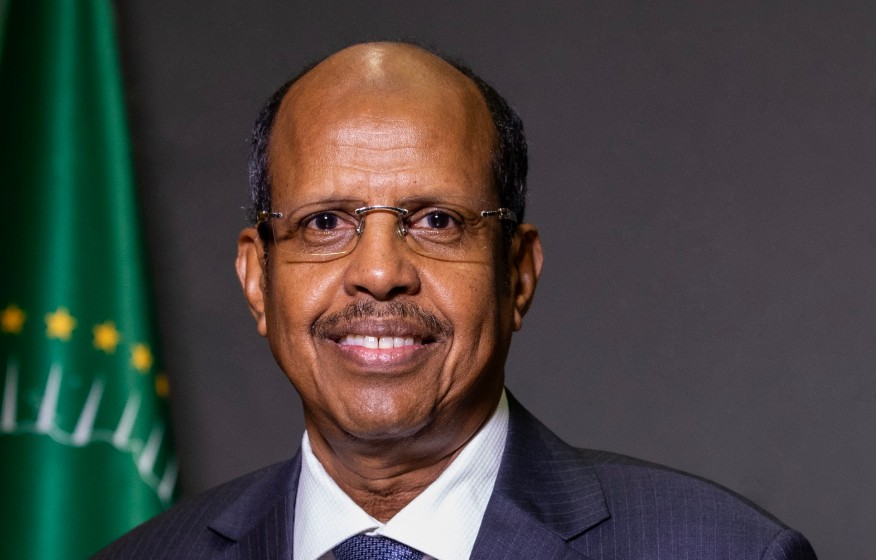Treasury blocks push to grant Auditor General budget autonomy
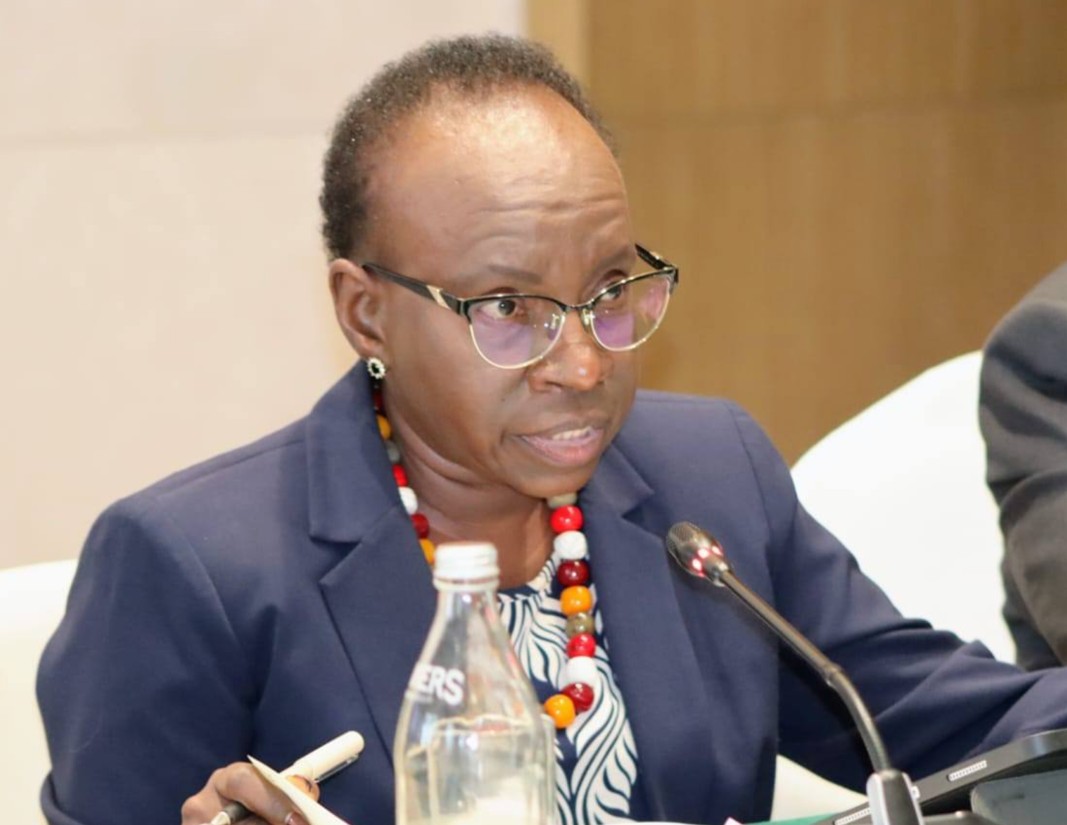
Treasury Cabinet Secretary John Mbadi, represented by Principal Secretary Chris Kiptoo, said maintaining an itemised budget for the Auditor General was necessary for public accountability.
The National Treasury has rejected a proposal to grant the Office of the Auditor General a one-line budget, setting the stage for a looming clash over financial independence and constitutional authority.
In a submission to Parliament, Treasury Cabinet Secretary John Mbadi, represented by Principal Secretary Chris Kiptoo, said maintaining an itemised budget for the Auditor General was necessary for public accountability.
More To Read
- KUTRRH officials grilled over Sh1.29bn budget overrun, obsolete PPEs and soaring debts
- Higher Education department blows Sh2 million on overpriced laptops and iPad, audit reveals
- Wasted billions: Auditor-General raises alarm over Sh304bn unused in key government projects
- Auditor General flags risks in Kenya’s Sh4.24 trillion budget, warns of rising debt
- Auditor-General warns of budget delays disrupting government services
- Sh46.5 billion equalisation fund shortfall denies marginalised counties critical services
“The current budget structure, where expenditures are clearly delineated, enhances accountability in the use of public resources,” Kiptoo stated.
He dismissed the proposal for a consolidated budget, saying there were no confidential expenditures in the Auditor General's office to justify such a move.
“The proposal for a single-line budget is unnecessary as there are no confidential expenditures in the OAG that would warrant such treatment,” the PS said.
This position directly opposes a March 2023 resolution by the Budget and Appropriations Committee of Parliament, which had unanimously directed the Treasury to implement a single-line budget for the Auditor General in the 2025–26 financial year.
Auditor General Nancy Gathungu, who has repeatedly pushed for budget independence to match her expanding mandate, expressed disappointment over the Treasury’s stance.
“This office has consistently demonstrated fiscal responsibility,” Gathungu responded, saying her office’s oversight work would be more effective if it had control over its own funds.
Gathungu said the current model, where her office relies on Treasury for disbursements, limits its ability to respond to urgent audit needs, especially those initiated by Parliament.
“A single-line budget would allow us to swiftly reallocate resources for emerging audits. It will give the office some degree of financial independence and facilitate effective responses in addressing emerging audit issues. Currently, we must seek approval for every reallocation, which delays critical oversight work.”
Her office, which has been instrumental in uncovering misuse of billions in public funds across both national and county levels, faces growing delays due to slow funding from the Treasury.
The new financial year allocation stands at Sh8.69 billion, only Sh36 million higher than the previous year, despite increased responsibilities, including audits of secondary schools and technical training institutions.
Critics argue that the continued financial control by the Treasury undermines the constitutional independence of the Auditor General.
Article 229 of the Constitution guarantees that independence, but reliance on Treasury disbursements, many say, goes against that spirit.
Civil society groups have joined the Auditor General in raising an alarm. A recent report by the Africa Centre for Open Governance (Africog), co-authored with the Institute of Social Accountability, said independent watchdog institutions such as the Auditor General and Controller of Budget are being increasingly weakened.
“These institutions have become targets for budget reduction, harassment and reprisals for courageous exposures of national government and county-level misappropriation and mismanagement of funds,” the report said.
Lawyers have also argued that the Treasury’s firm grip on independent institutions violates constitutional safeguards, with delays and budget reductions compromising vital oversight functions.
Top Stories Today
